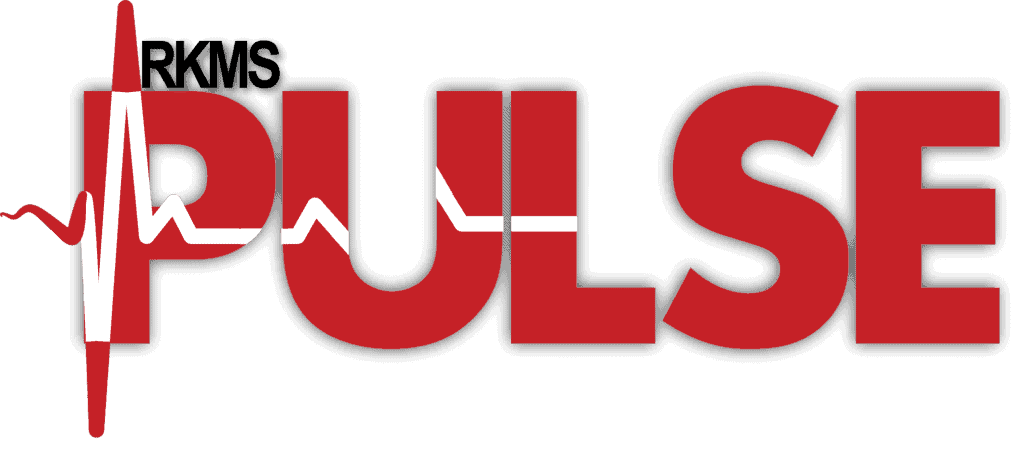
Module Three: Purpose & Planning
This final module covers the importance of having a purpose as having purpose makes it easier to bounce back in challenging times by providing perspective, stability, confidence and determination. Module three will also discuss the value of setting yourself an action plan to improve your resilience as nothing happens until you take action!
Purpose
4 Points on Purpose

Purpose Point #1:
Purpose in life also leads to both improved health and longevity. According to the neurology department at Northwestern University, Illinois, people who feel like they have a purpose are more likely than others to have good quality sleep.
- Another study of “Blue Zones” (communities in the world in which people are more likely to live past 100), identified that one of the main factors shared amongst centenarians is having a strong sense of purpose.
- People who think their life has meaning are more likely to make a conscious effort to look after their health and wellbeing.

Purpose Point #2:
Additionally, the Rush Alzheimer’s Disease Center in Chicago, found people with a low sense of purpose were 2.4 times more likely to get Alzheimer’s disease than those with strong purpose.

Purpose Point #3:
Having something to look forward to is a key contributor to maintaining a sound mind through your elderly years. Overall, people with a greater sense of purpose generally experience greater mental wellbeing and are far less likely to suffer more common mental health issues such as depression and anxiety.

Purpose Point #4:
Being purpose-driven won’t add more hours to your day, but it will give you the strength and energy to not be so worn down by workplace demands.
- A study by the Harvard Business Review found that retiring later than 65 was associated with an 11% lower mortality risk. Not to say that your work is at the core being of your purpose, but it can certainly be beneficial when you are passionate about your chosen career.
Consider this quote by Tanveer Naseer. Tanveer Naseer is an award-winning and internationally-acclaimed leadership writer, keynote speaker, and leadership corporate trainer and consultant.

7 Warning Signs & Symptoms
Let’s now consider eight warning signs that you notice that you are not feeling at your best and lacking resilience.
Low resilience can mean you are more easily affected by stressful situations, the signs and symptoms are broadly similar to those you might see if you’re affected by stress, anxiety or depression, and can include:
- 1. Getting angry or irritated quickly
- 2. Constantly becoming ill
- 3. Increasingly being dependent on family or friends
- 4. Isolating yourself from other people
- 5. Experiencing mood swings throughout the day
- 6. Overreacting to normal stress levels
- 7. Weaker memory
- 8. Engaging in risky behaviour
Look out for signs in others that their resilience may be low too and talk to them to see what it is that causing it and use a few of the ideas you’ve covered today to help them.
When these warning signs and symptoms emerge – it is critical to have a plan in place to properly deal with them or alleviate them which can be a tremendous help in fostering resilience
Planning for Purpose, Resilience & Wellbeing
Planning for Purpose: What is your purpose?
- What’s your overall purpose? Now consider how your purpose can align you in the work that you do.
- What is your purpose at work? Take a look at your purpose in work and define what it is, make a note on your notepad.
- At home?
- In your relationship?
- Or do you have a life purpose?
- Are you spending too much time on things that don’t relate to your purpose?
- Are you being pushed into other things which you shouldn’t be?
Planning for Resilience: Keeping Fit & Eating Habits
On this course, we have covered how and why you think how you do which affects your resilience and how emotions play a big part. One thing we haven’t covered is physical resilience and we all know that we should exercise and eat correctly to improve resilience, so just take a look at your eating habits and exercise and see if you can improve this in any way.
Planning for Wellbeing
Just a few ideas on where to find help if your resilience is low. What does your employer offer what apps could help and is there anything locally you can attend to support your mental health?
- Take time to find out what help is available from your employer. E.g. Employee assistance schemes
- What ‘apps’ may help with anxiety, sleep etc.
- What is available locally to help and support mental health?
Building Resilience: Final Assessment
The final course assessment to follow contains a number of questions to provide you with an opportunity to solidify and retain the information from this course.
- To access the final assessment, click the Building Resilience: Final Assessment tab underneath the “Module Content” tab below.
- Thereafter, on the next page – click the “Start Assessment” button to begin.
- After answering each question proceed through the remaining questions by selecting the “next” button at the bottom right of each set of answers:
